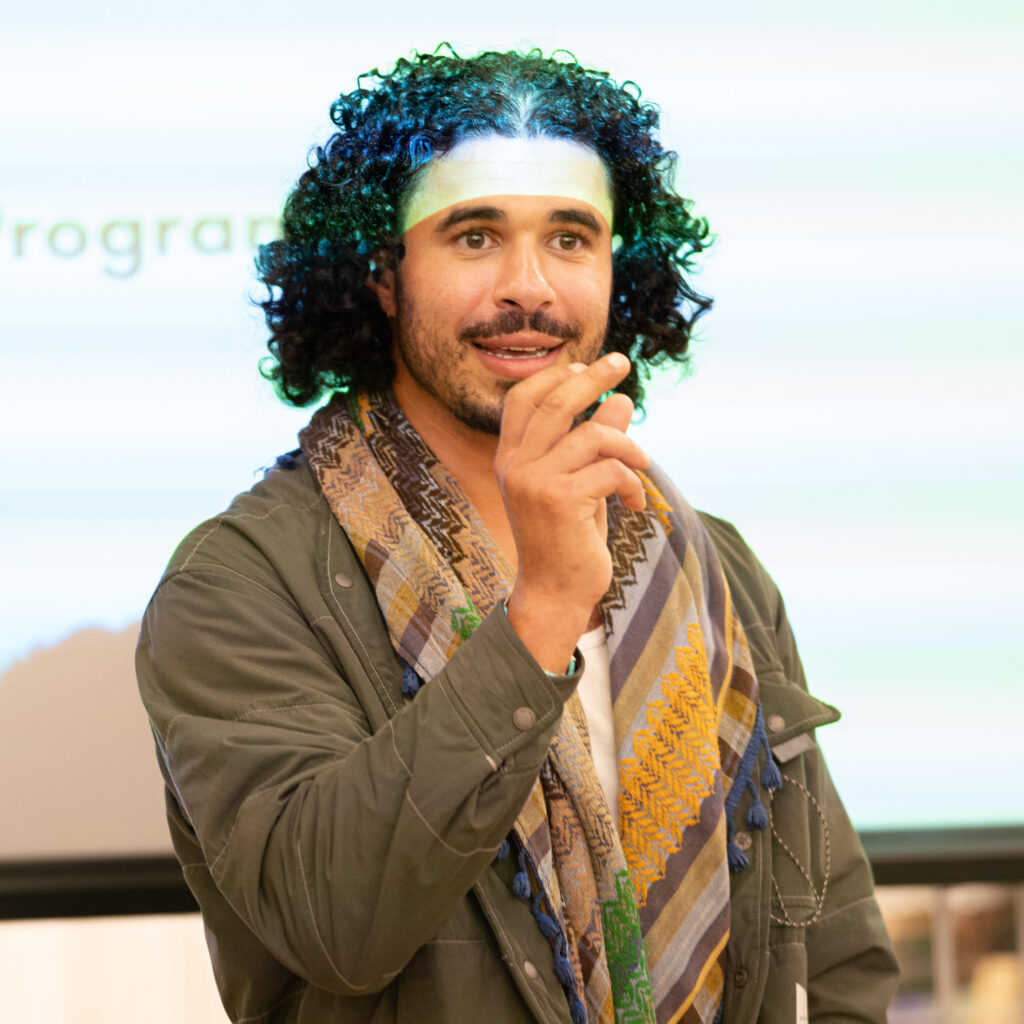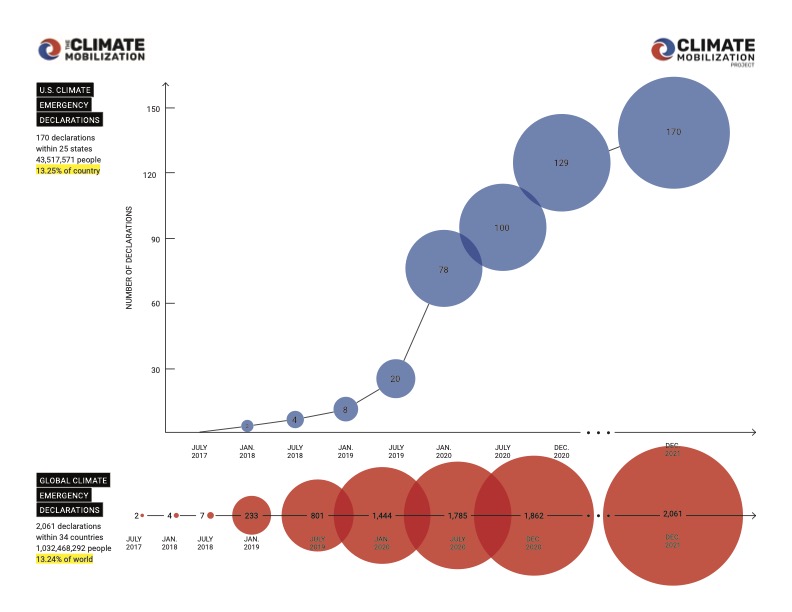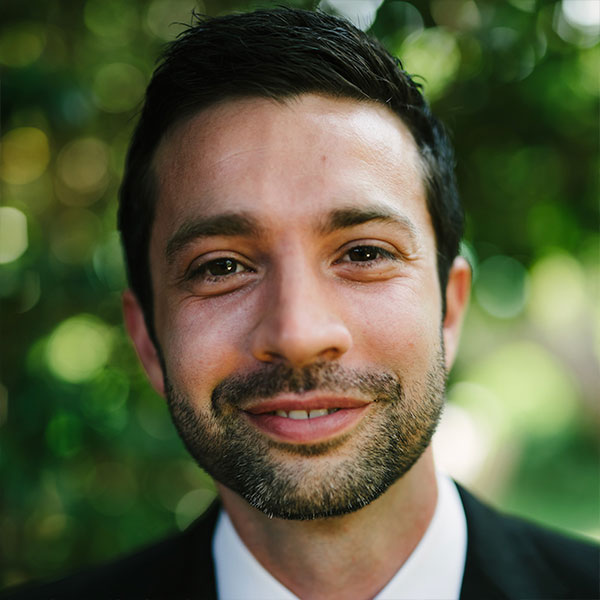August 28, 2018 Berkeley, California
Press Contacts:
Cheryl Davila, Vice Mayor, Berkeley: (510) 9817120
Kate Harrison, Councilmember, Berkeley: (510) 9817141
Sara Kershnar, Legislative Aide, Vice Mayor Davila: (510) 9817126
Over 120 public officials, government sustainability staff, and environmental justice organizations came together August 24 for a Bay Area Regional Climate Emergency Town Hall to discuss the growing climate crisis and how to accelerate California’s transition to a zeroemissions, 100% clean and renewable energy, and a just, regenerative and equitable economy.
“As the world is facing intensifying heat waves, floods, fires, storms, droughts, disease, and extreme weather, we in the Bay Area have been devastated by wildfires and are threatened by sea level rise. The emergency continues to deepen as global warming continues unabated,” said Berkeley Vice Mayor Cheryl Davila, who initiated the Town Hall. “Scientists warn that without much more significant action than considered to date, we may quickly pass irreversible climate tipping points.”
The findings in California’s Fourth Climate Change Assessment report released yesterday, August 27, confirms this truth. The report led Governor Jerry Brown to tweet: “These findings are profoundly serious and will continue to guide us as we confront the apocalyptic threat of irreversible climate change.”
At the Town Hall, public officials signed a letter addressed to Governor Brown, the incoming California Governor, and other California public officials to be delivered the Global Climate Action Summit being held in San Francisco on September 13, 2018. The letter urges decisive action to reach zero greenhouse gas emissions across all sectors by 2030, calls on all governments to declare a climate emergency and commit to emergency mobilization in response, and actively oppose projects whose primary purpose is transporting, storing, processing, or exporting fossil fuels.
In addition, attendees made commitments to one or more of the following actions:
● Initiating Climate Emergency Declarations and Fossil Fuel Free Resolutions in their jurisdictions
● Participating in a Spring 2019 Bay Area Climate Mobilization Summit
● Coordinating citywide public Town Halls in their jurisdictions on the climate emergency, the community mobilization, and resilience and disaster preparedness needed in response
At the Town Hall, climate scientist at the Carnegie Institution for Science at Stanford University, Patrick Brown, PhD stated, “Choices made today have more leverage on the state of the Earth system than choices made by any previous generation and their consequences will likely persist for thousands of years into the future.”
One of the goals of the town hall was to find a way to mobilize cities to a transition to a zeroemissions economy and beyond in a way that takes into account the needs of historically marginalized communities. “In every action we take, we must reduce inequity and ensure that those most impacted by decisions are the ones making them. If we reproduce or maintain the status quo of concentrated control of land, energy, and other basic resources, its game over,”said Michelle MascarenhasSwan, a member of Movement Generation, a group fighting for a just transition.
The town hall was an opportunity for public officials to be updated on the latest science on climate change and hear from ecological and environmental justice groups about the wholeofsociety mobilization needed to stop environmental catastrophe and restore a safe climate. “The time for an incremental approach to climate action has come and gone. With hundreds of thousands of acres in California on fire in the past year, and with extreme climate events occurring daily around the world, we must mobilize at a scale not seen before in human history, and we must do it in such a way that the communities most impacted by the daily operations of the fossil fuel industry benefit first from a new, clean energy economy,”said Los Angeles Councilmember Paul Koretz. His office who is working to establish the nation’s firstever Climate Emergency Mobilization Department in the city of Los Angeles, the second largest city in the nation.

















